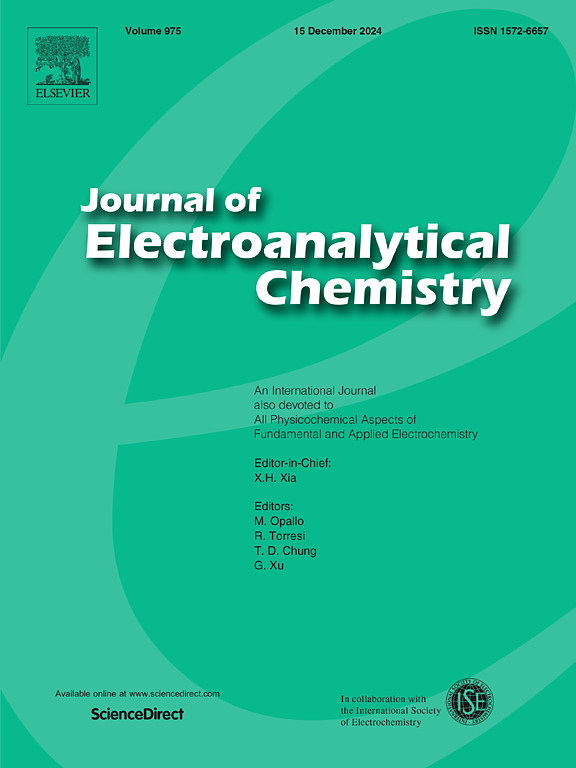钠离子电池用煤基硬碳负极材料的研究进展
IF 4.1
3区 化学
Q1 CHEMISTRY, ANALYTICAL
引用次数: 0
摘要
钠离子电池因其丰富的资源和广泛的产业化潜力被认为是锂离子电池的有效替代品。而阳极材料的合成和制备直接影响sib的工业化进程。碳材料以其结构稳定、资源丰富、实用性强而备受青睐。本文选取最丰富的煤作为硬碳前驱体。然而,煤的内部结构复杂,对煤基硬碳材料的各种结构构型缺乏系统的探讨。因此,对四种储钠机理进行了深入探讨,并全面介绍了有效提高煤基硬碳阳极电化学性能的最新研究进展。其中包括选煤、杂原子掺入、调节孔隙、软硬碳复合等。此外,本文还对煤基硬碳材料面临的挑战和问题提出了个人见解,从而为高端先进储能电极材料的开发和设计规则的制定提供有益的指导,以促进sib的产业化。本文章由计算机程序翻译,如有差异,请以英文原文为准。
Research progress on coal-based hard carbon anode materials for sodium-ion batteries
Sodium-ion batteries (SIBs) are considered an effective alternative to lithium-ion batteries due to their abundant resources and extensive industrialization potential. However, the synthesis and preparation of anode materials directly affect the industrialization process of SIBs. Carbon materials are favored for their stable structure, abundant resources, and practical applications. In this paper, the most abundant coal is selected as the hard carbon precursor. Yet, the internal structure of coal is complex, and there is a lack of systematic discussion on the various structural configurations of coal-based hard carbon materials. Therefore, the four mechanisms of sodium storage are discussed in depth, and the latest research progress on effectively improving the electrochemical performance of coal-based hard carbon anodes is comprehensively introduced. The above include coal selection, heteroatom incorporation, pore adjustment, soft and hard carbon compounding. Additionally, personal insights are provided on the challenges and issues faced by coal-based hard carbon materials in this review,thereby offering useful guidance for the development of high-end advanced energy storage electrode materials and the formulation of design rules to promote the industrialization of SIBs.
求助全文
通过发布文献求助,成功后即可免费获取论文全文。
去求助
来源期刊
CiteScore
7.80
自引率
6.70%
发文量
912
审稿时长
2.4 months
期刊介绍:
The Journal of Electroanalytical Chemistry is the foremost international journal devoted to the interdisciplinary subject of electrochemistry in all its aspects, theoretical as well as applied.
Electrochemistry is a wide ranging area that is in a state of continuous evolution. Rather than compiling a long list of topics covered by the Journal, the editors would like to draw particular attention to the key issues of novelty, topicality and quality. Papers should present new and interesting electrochemical science in a way that is accessible to the reader. The presentation and discussion should be at a level that is consistent with the international status of the Journal. Reports describing the application of well-established techniques to problems that are essentially technical will not be accepted. Similarly, papers that report observations but fail to provide adequate interpretation will be rejected by the Editors. Papers dealing with technical electrochemistry should be submitted to other specialist journals unless the authors can show that their work provides substantially new insights into electrochemical processes.

 求助内容:
求助内容: 应助结果提醒方式:
应助结果提醒方式:


